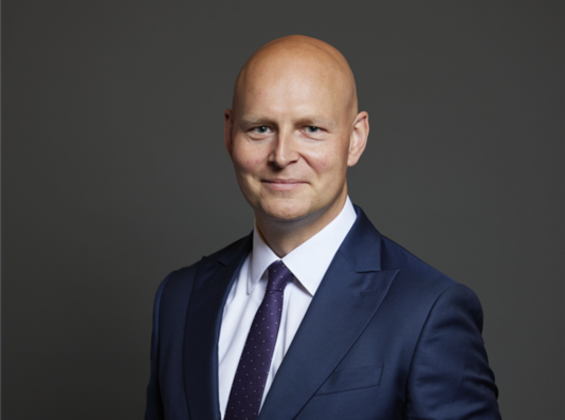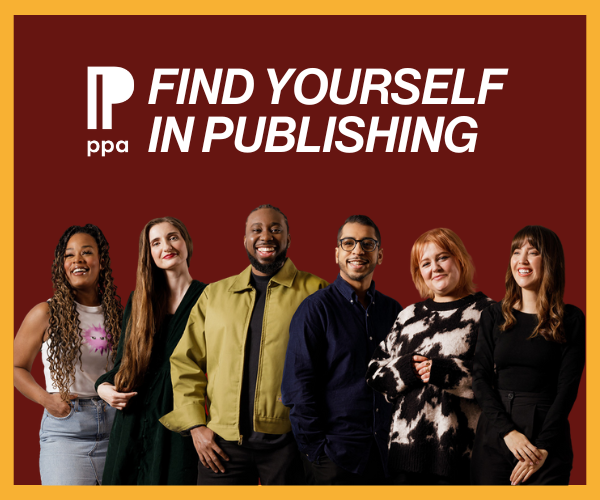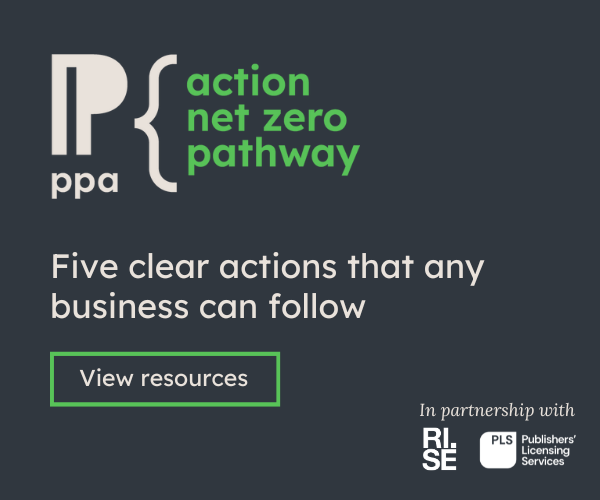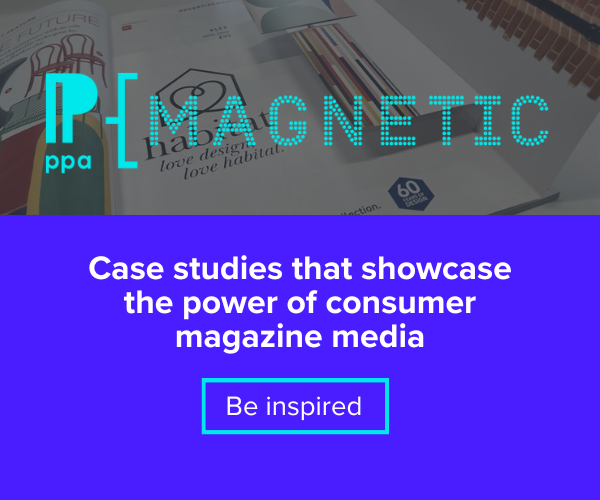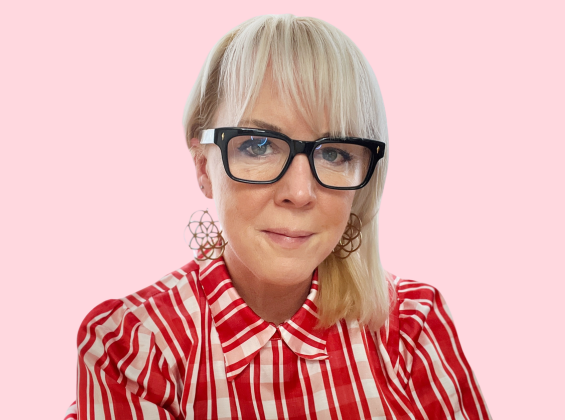Chart your career from the start to now.
I went to university in Staffordshire doing the NCTJ news course and graduated in 2010. From there I went straight into an internship at FHM back when that existed! When I was at uni I really wanted to be a print features editor and I really loved the features there. So, I worked for them unpaid but didn’t end up getting the paid internship. But thankfully not long after I got a job at Zoo magazine and running their website. I became really good friends with their web editor, Adam Gold, who mentored me and brought me up and made me realise that you can do so much more with digital as you really are your own master. You do the words, the pictures, the headlines, the commissioning, the socials. Then I got seconded to go work at a website called Go Think Big which was about launching work experience and internships for people in media. After that, I worked at Q magazine for a bit. Then I became a web Editor at Heat, and I was there for about 3 three years and after came to Hearst UK to Digital Spy. I was rethinking how they dealt with social as it was being managed by a different team. I became Associate Editor and then Deputy Editor and finally Editor about two years ago. I’ve been there ever since doing bits and bobs on the side – hosting the official Peaky Blinders podcast with BBC Sounds, I also do some lectures and bits of freelancing where I can and that brings me up to where I am now.
How do you find inspiration for content?
I’m really blessed in that I’m quite good at coming up with ideas fairly regularly. Often, it’s just finding the time to do them or the conviction to get them done!
Magazines are a big source of inspiration – I love the idea of inverting ideas. For example, if you read an article about the most shocking twists in tv shows I might invert that into a piece on the worst storylines you saw coming.
Often ideas come to me at random. They always seem to come when you’re not looking for them. It’s definitely been trickier working from home as you don’t have the same ability to spit ball with people that you might have in big features ideas sessions.
I’ve also always been really impressed by what meme accounts do because they’re on the forefront of what is shareable on social media and they’re constantly hopping on trends that are palatable and suitable for journalism.
I would say once you get into the mindset of looking for content everywhere, it does become easier.
What advice do you have for early career journalists?
I’ve been doing lectures for quite a while. I want to try and help the next generation into the industry. I didn’t know anyone when I was starting out in media. I’d had awful advice from school – they just gave me a copy of Private Eye and told me to read that to learn about journalism!
I’d say work experience, work experience, work experience. It was hard when I was starting out to get it but it’s even harder now. Paid spots are harder to get, lots of places only going for people that already have lots of experience. Journalism as an industry also tends to favour people with well-established economic backgrounds and people who live near London – I lived in Kent, so it was easy for me to commute.
I really focused on work experience when I was at uni – I did work experience at the BBC, local papers, and magazines. I also edited the university entertainment website and the student newspaper. I did everything I could to give myself ammo for when I started working.
Another thing I would say is start freelancing now but don’t say you’re a student. If you don’t land a pitch, you’re still learning from it, and if you do land something then great! You’ve got official by-lines that are being added to your name.
Immerse yourself in titles you're applying to – whether that’s digital or print, radio or television, just know the title you’re trying to work with inside and out.
And then it’s often the simplest things – hit your deadlines, hit your word counts. I don’t think enough is said about being a safe pair of hands and being an affable, likeable and reliable person. Some of the people I’ve seen go the furthest are just really good people. If you like someone, you’re much more likely to hire them again.
What did winning a PPA 30 under 30 Award mean to you?
I was chuffed! Especially as I managed to get it just before turning 30. Up until that point, I had only won one other award individually which was best Deputy Editor at the BSMEs. It was a lovely evening, and it was good to see people, have a drink, and celebrate. It’s just a cool title, 30 under 30. It makes you sound like a young go-getting person. It’s sat on my social media profiles ever since.
I’ve been able to put forward some of my team members since to pay it forward. It’s fantastic that it runs every year and there are such a diverse mix of industries and people. Anything you can to give people that next bump up in their career can only be a good thing.
You work across lots of different mediums – how do you decide what medium is best for telling the story you want to tell?
It’s about formatting the content to the platform – so for example I don’t think film and TV content should be restricted to YouTube. You can break down elements of interviews on a long Twitter thread you can do interviews on Instagram live, you can do swipe-ups on Instagram stories, or maybe you’re putting short shareable moments on TikTok. Ideally, you have the access, luxury, and time to think about all of this holistically for every single platform but that’s obviously not always the case. At Digital Spy we try to make things platform agnostic. Our Love Island ‘Coupled Up’ franchise is an example of this – it existed on YouTube, but we’d make sure it would go on-site so it would go into our video player, then we would chunk some out onto our TikTok and sometimes those little clips might outperform the whole interview on YouTube.
In an ideal world, you do it across all of them and you tailor it for each of them, but if you have a selection think about what your objectives are – is it traffic? Is it bigger views? Advertising revenue?
Digital or print?
Digital – because that’s where my expertise has been. But I do love print magazines. I’ve always worked for magazine publishers, but I appreciate the flexibility you get with a pure-play like Digital Spy. We launched the Apple News+ magazine last year as well and that has been interesting as we’ve been a daily news website for twenty years and we’ve gone to the other extreme of working to monthly deadlines, getting different levels of access, and competing with other established magazine brands. That’s only increased my respect for everything magazine journalists do. And of course, working at Hearst UK, you can’t not be engaged with magazine culture. I’m always browsing other magazines to retrofit ideas. The best editors are across both.
What magazine do you stockpile?
Digital Spy magazine exists on Apple News+ which is essentially Spotify for magazines… so technically all of them! I’m often browsing everything and anything, from Entertainment Weekly to Empire to Cosmo to Glamour to Vogue.
In our house, we have a lot of copies of The New Scientist as my girlfriend recently got a subscription to that for her 30th birthday. But when I was out and commuting, I’d often have copies of Time Out and NME when it was still in print and free. I imagine Time Out will start to pile up on my desk again when I’m back in the office.
What’s on your radar?
As of today, Black Friday and Cyber Monday planning for e-commerce has already started. It gets earlier and earlier every year.
Beyond that we’re looking at TikTok – I’m amazed at how every day normal people with niche skills are getting these huge audiences. Today I was watching this guy who is really good at cleaning old trainers who was getting millions of views.
And then more technical – the Instagram creators channel has finally confirmed that you are meant to put hashtags in the caption, not in the comments, which is good to finally have an official word on that. Which helps with discoverability, search, and SEO.
